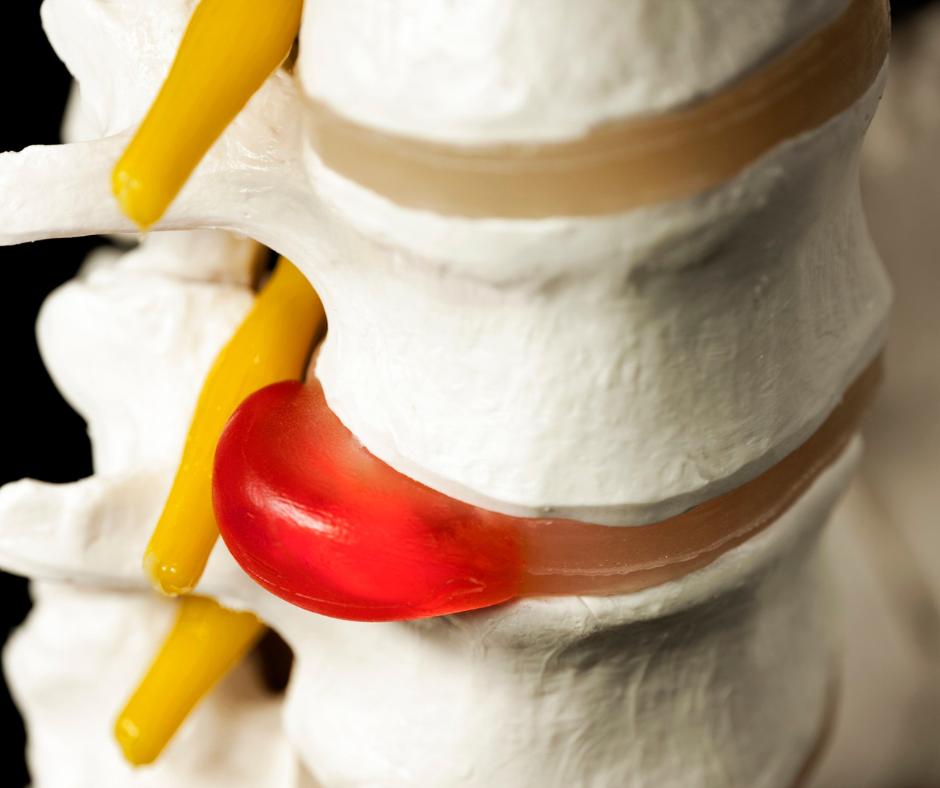- ADDRESS: Fortis Hospital, Mulund (400078)
- CALL US: +91-9892805422
- OPD: MON - Sat: 11:00 AM - 4:00 PM
Menu
Slipped Disc Ruining Your Life? Here's How Microdiscectomy Gets You Back on Your Feet

When Back Pain Becomes Something More
Back pain. Most of us brush it off at first, maybe you sat too long at work, maybe you lifted something wrong. But when that pain doesn't stay in your back and instead shoots down your leg, or keeps you awake at night, that's when it's usually something more serious. Many of my patients walk in thinking it's "just back pain" and walk out finding out it's a slipped disc.So What Really Happens When a Disc Slips?
Your spine is like a stack of bones with soft cushions between them — those are the discs. Their job is simple: to absorb shock. But sometimes, one of those discs bulges or slips out of place. And when it presses on a nearby nerve, that's when the real trouble starts. It's not just pain. Patients often describe tingling, numbness, or a sharp shock-like pain running down the leg. Some say, "Doctor, it feels like electricity going to my foot." And honestly, they're right — that's exactly how it feels when a nerve is irritated. Many people are surprised to learn how common slipped discs really are. I see young gym-goers who injured themselves lifting too heavy, office workers who sit for hours without breaks, and even homemakers who developed it while simply bending awkwardly. It can happen to anyone, and that's why awareness is important.Where Microdiscectomy Comes In
Now, not every slipped disc needs surgery. Most people improve with rest, medicines, or physiotherapy. But if weeks pass and you're still struggling to sit, stand, or even do daily things, then surgery may be the next step. Microdiscectomy is one of the safest and most common options. In simple words, the surgeon makes a small cut, removes only the part of the disc pressing on the nerve, and leaves the rest untouched. Because the nerve is free again, the shooting leg pain often reduces almost immediately. Sometimes patients ask, "Doctor, will removing part of the disc weaken my back?" The truth is — no. Only the damaged portion pressing on the nerve is taken out, the rest of your spine and disc continue to do their job. In fact, most people feel their back gets stronger because they can finally move without constant pain.What About Recovery?
This is what most patients worry about: "Doctor, will I be stuck in bed for months?" And my answer is — no. Recovery is usually much faster than people think. Most patients start walking within a day or two. Normal daily tasks are possible in a couple of weeks. Heavy lifting and sports take longer, but life doesn't stop. I remember one young professional who came in saying he couldn't sit through even a single meeting without pain shooting down his leg. Three weeks after his surgery, he was back at work — though with better posture habits this time. The emotional side of recovery is often overlooked. Patients tell me the biggest relief is not just being pain-free, but being able to do simple things again — sitting with family at dinner, driving to work, or even sleeping peacefully through the night. These small wins make a huge difference in daily life. Family members also play a big role. I've seen how supportive families encourage faster recovery. Something as small as reminding the patient to walk a little each day or helping with posture changes makes a big difference in healing.Why You Shouldn't Delay
A slipped disc doesn't always become an emergency, but waiting too long can sometimes cause permanent nerve damage. Weakness in the leg, loss of sensation, or problems controlling bladder and bowel are warning signs that need urgent attention. That's why, if the pain has been dragging on for weeks, don't ignore it.Slipped Disc Treatment in Mumbai
Mumbai has several advanced spine centers that offer microdiscectomy and other minimally invasive procedures. With modern techniques, the surgery is safer, recovery is quicker, and patients can get back to their normal lives sooner. But the most important step is simple — don't keep waiting and hoping it'll vanish. Early consultation makes all the difference.Frequently Asked Questions
- Q: What is microdiscectomy surgery?
It's a small surgery where only the slipped part of the disc pressing on the nerve is removed. The rest of the disc stays in place. - Q: How long is recovery after slipped disc surgery?
Most patients walk within 1–2 days. Office work and light activities are possible in 2–3 weeks.
